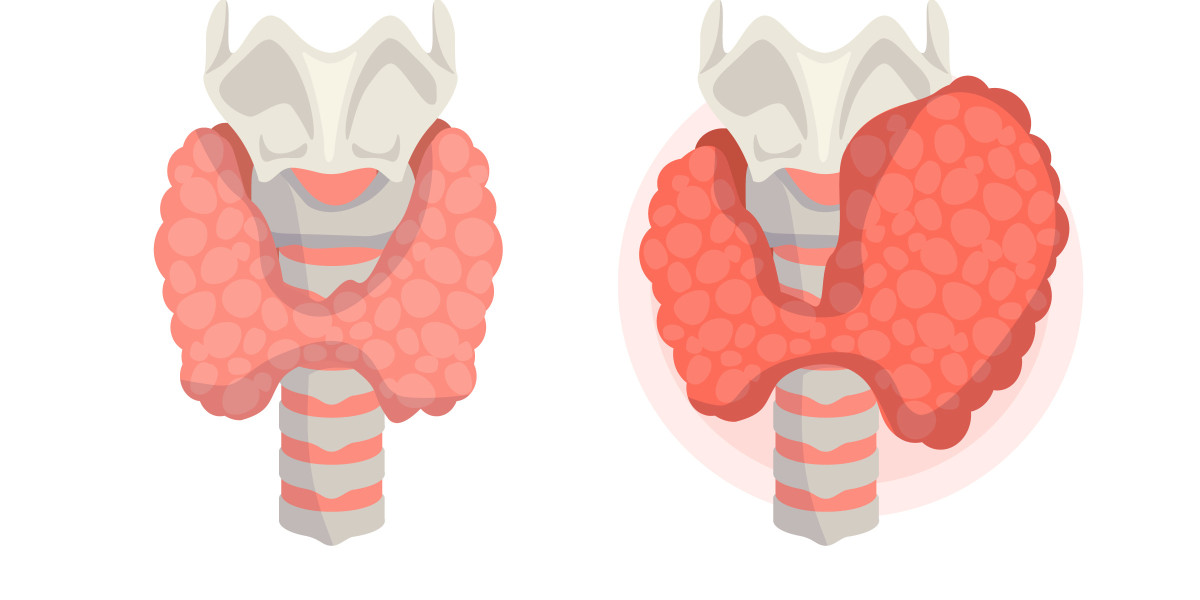Thyroid issues can manifest in various ways, and recognizing the signs early can be crucial for proper diagnosis and treatment. Here are ten early warning signs of thyroid issues:
1. Fatigue: Feeling excessively tired, even after getting enough rest, can be a sign of thyroid dysfunction.
2. Weight changes: Unexplained weight gain or weight loss, despite no significant changes in diet or exercise, can indicate thyroid problems.
3. Changes in appetite: An increase or decrease in appetite, coupled with weight changes, may point to thyroid issues.
4. Mood swings: Thyroid disorders can affect mood, leading to irritability, anxiety, or depression.
5. Changes in heart rate: Both an unusually slow heart rate (bradycardia) and a rapid heart rate (tachycardia) can be symptoms of thyroid dysfunction.
6. Hair and skin changes: Dry, brittle hair, thinning hair, or changes in skin texture such as dryness, itchiness, or paleness can be signs of thyroid problems.
7. Muscle weakness: Weakness or aches in the muscles, particularly in the arms and legs, may indicate thyroid issues.
8. Changes in menstrual cycle: Irregular menstrual periods, heavier or lighter flow than usual, or changes in menstrual frequency can be linked to thyroid dysfunction.
9. Intolerance to cold or heat: Feeling unusually sensitive to cold temperatures or sweating excessively without cause can be symptoms of thyroid disorders.
10. Swelling in the neck: Enlargement of the thyroid gland, known as a goiter, can cause swelling or a lump in the front of the neck, indicating potential thyroid problems.
If you experience several of these symptoms, it's essential to consult a healthcare professional for proper evaluation and diagnosis by booking a thyroid test at home to assess your thyroid function conveniently and promptly. This can provide valuable insights into your health and guide further discussions with your healthcare provider.



